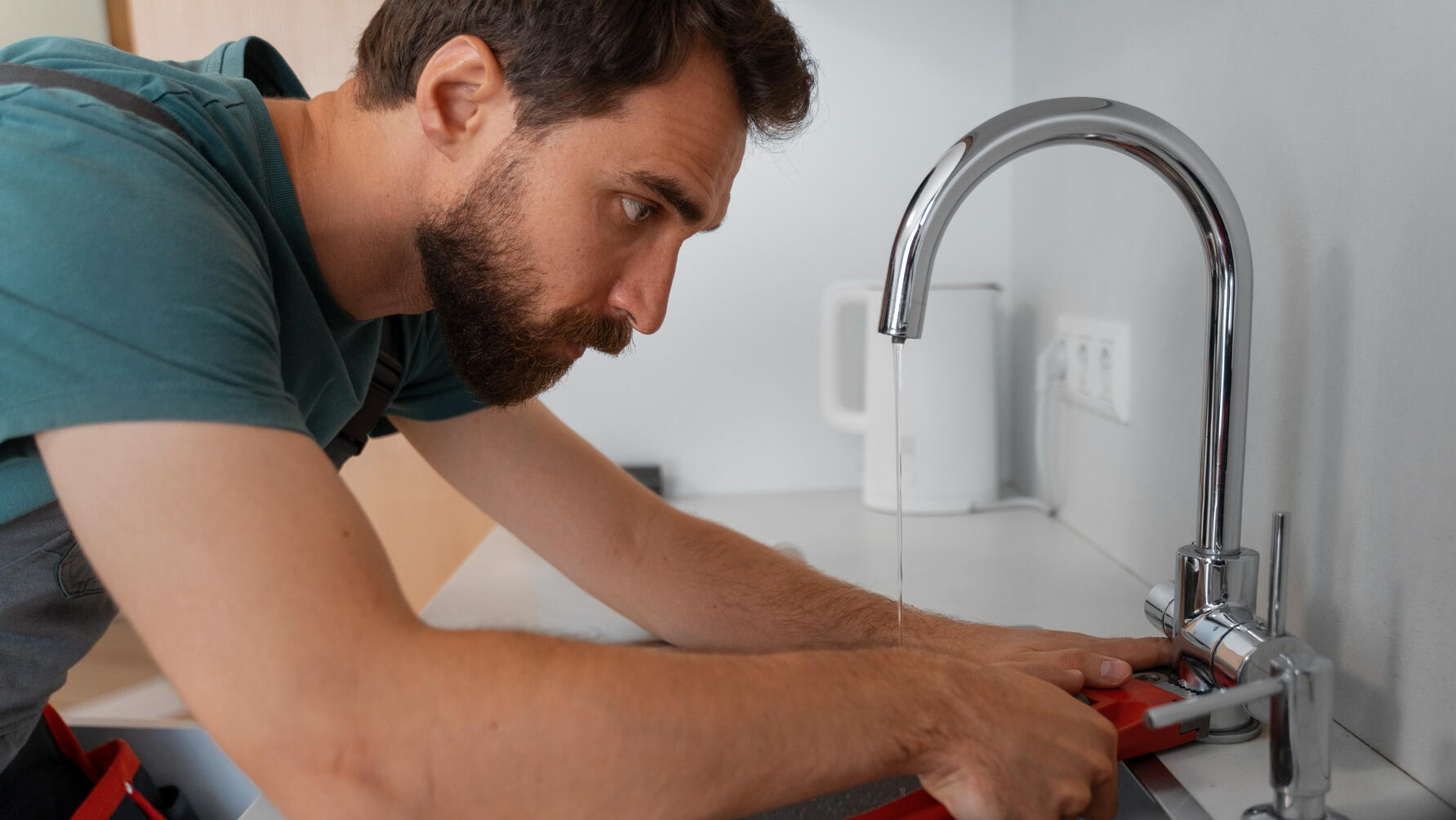In an effort to fix its leaking market value, plumbing giant Reece Limited (ASX: REH) has announced an A$250 million share buyback - potentially expanding to $400 million with an on-market raise.
The stock price jumped 12% after the news broke - temporary relief for shareholders nursing a 60% decline from $29 to below $12 over the past year.
Eligible shareholders can offer to sell some or all of their shares to Reece at a floor price of $11.00, representing a 6.6% premium to the last close, at a nominated price between $11.00-$13.00 (inclusive), in 20 cent intervals; and/or at the final buy-back price within that range determined by Reece.
The Wilson family, which has controlled Reece since 1969, won't participate in the buyback. Their stake will increase from 67.1% to potentially 71.1% however, further concentrating ownership during the company's most challenging period in decades.
“We carefully evaluated all available options in accordance with our capital allocation framework and believe the buy-back is an efficient way to return excess capital to shareholders, while maintaining a conservative leverage ratio," Reece chairman Peter Wilson said.
“Despite the challenging near-term outlook, we remain optimistic for the long-term. We have a history of investing through the cycle to build a stronger business and will maintain financial flexibility to fund future
growth opportunities."
"Depending on the outcome of this buy-back, we may explore further capital management options including a potential on-market buy-back.”
Why?
It's a succession story that highlights strategic missteps. Alan Wilson spent 38 years building Reece from two Melbourne stores into a global operation.
It started when his son Peter Wilson's US$1.9 billion MORSCO acquisition in 2018 was done against his father's wishes. The Australian Financial Review reported Alan initially opposed the U.S. expansion, but Peter "did the work in secret" to secure board approval.
Five years later, that decision continues punishing shareholders as U.S. operations struggle with intensifying competition and margin compression.
FY25 results
Reece's latest results revealed deep operational challenges:
- Revenue declined 1% to $9.0 billion
- EBITDA dropped 11% to $901 million
- Earnings per share collapsed 24% to 49 cents
- Dividends slashed 29% to 18.36 cents per share
The U.S. division proved particularly problematic. EBIT margins contracted from 5.1% to 3.6% over 18 months as competitors, including Blackfriars Corporation, challenged market position. Revenue fell 5%, while EBITDA dropped a hefty 23%.
Net debt increased to $590 million against $275 million cash, highlighting balance sheet pressure as free cash flow generation deteriorates.
Housing market weakness compounded these challenges. High mortgage rates are suppressing residential construction activity - particularly in U.S. "Sunbelt" regions where Reece maintains significant exposure.
Faced with reality
CEO Peter Wilson's admission that the coming year would be "one of the most challenging in the company's history" also spooked markets.
His comments about work-from-home practices reducing productivity suggested issues beyond external pressures.
JP Morgan acknowledges Reece as "a fundamentally good business with strong culture" but warns of "further downside risk to earnings forecasts if housing conditions remain weak and competitive pressures intensify". Goldman Sachs maintains a sell rating.
The buyback provides potential earnings per share benefits through reduced share count. However, with mounting operational challenges and weakening cash generation, questions may persist about optimal capital allocation as the plumber tries to unclog its business model.
This article does not constitute financial or product advice. You should consider independent advice before making financial decisions.



